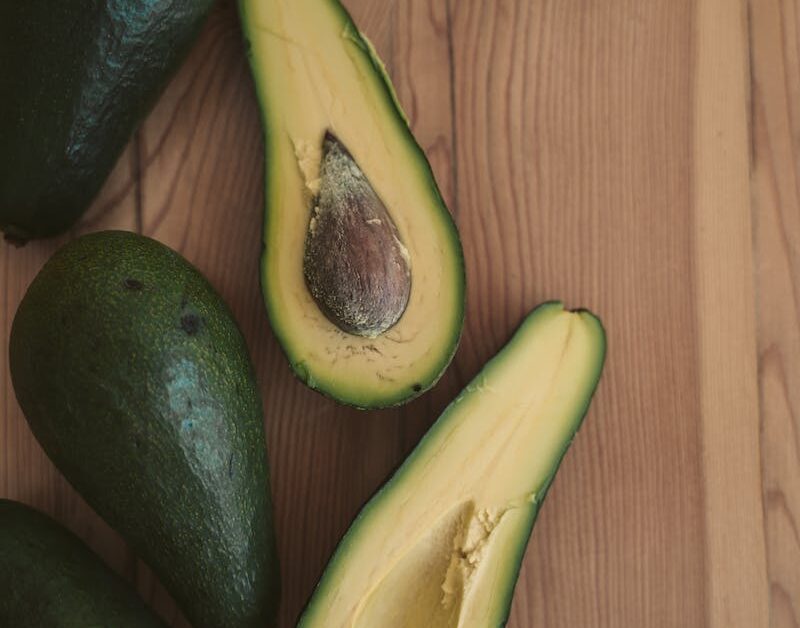Keto Diet for Colds and Flu
When it comes to combating colds and flu, most people turn to over-the-counter medications and home remedies. However, there is a growing body of evidence suggesting that the ketogenic diet, or keto diet, may also play a role in boosting the immune system and reducing the severity and duration of colds and flu. The keto diet is a low-carbohydrate, high-fat diet that has gained popularity in recent years for its potential health benefits. In this article, we will explore how the keto diet can help fight off colds and flu and why it may be worth considering during the cold and flu season.
1. Reduced Inflammation
One of the key benefits of the keto diet is its ability to reduce inflammation in the body. Inflammation is a natural response of the immune system to infection or injury, but chronic inflammation can weaken the immune system and make it more susceptible to infections. The keto diet promotes the production of ketones, which are molecules that have anti-inflammatory properties. By reducing inflammation, the keto diet may help alleviate the symptoms of colds and flu and speed up recovery.
2. Enhanced Immune Function
The keto diet has been shown to enhance immune function by increasing the production of certain immune cells. Research has found that the diet can increase the number of T cells, which are responsible for identifying and destroying infected cells in the body. Additionally, the keto diet can boost the production of antibodies, which are proteins that help the immune system recognize and neutralize pathogens. By enhancing immune function, the keto diet may help the body fight off colds and flu more effectively.
3. Stable Blood Sugar Levels
Another benefit of the keto diet is its ability to stabilize blood sugar levels. When you consume carbohydrates, your body breaks them down into glucose, which causes a spike in blood sugar levels. This spike is followed by a rapid drop in blood sugar, which can leave you feeling fatigued and weak. By reducing carbohydrate intake and increasing fat consumption, the keto diet helps maintain stable blood sugar levels. This is important because high blood sugar levels can weaken the immune system and make it harder for the body to fight off infections.
4. Increased Antioxidant Intake
The keto diet encourages the consumption of foods that are rich in antioxidants. Antioxidants are compounds that help protect the body against oxidative stress, which can damage cells and weaken the immune system. By increasing antioxidant intake, the keto diet may help strengthen the immune system and reduce the risk of developing colds and flu. Foods that are high in antioxidants and suitable for the keto diet include berries, leafy greens, nuts, and seeds.
5. Weight Loss and Cold Prevention
Obesity has been linked to an increased risk of developing respiratory infections, including colds and flu. The keto diet has been shown to be effective for weight loss, making it a potential strategy for preventing colds and flu. By promoting weight loss, the keto diet may help reduce the risk of respiratory infections and their associated complications. Additionally, losing weight can improve overall health and strengthen the immune system, further reducing the likelihood of falling ill.
Conclusion
While the keto diet is primarily known for its weight loss benefits, it may also have a positive impact on the immune system and help fight off colds and flu. By reducing inflammation, enhancing immune function, stabilizing blood sugar levels, increasing antioxidant intake, and promoting weight loss, the keto diet may provide valuable support during the cold and flu season. However, it is important to note that the keto diet may not be suitable for everyone, and it is always recommended to consult with a healthcare professional before making any significant dietary changes.
